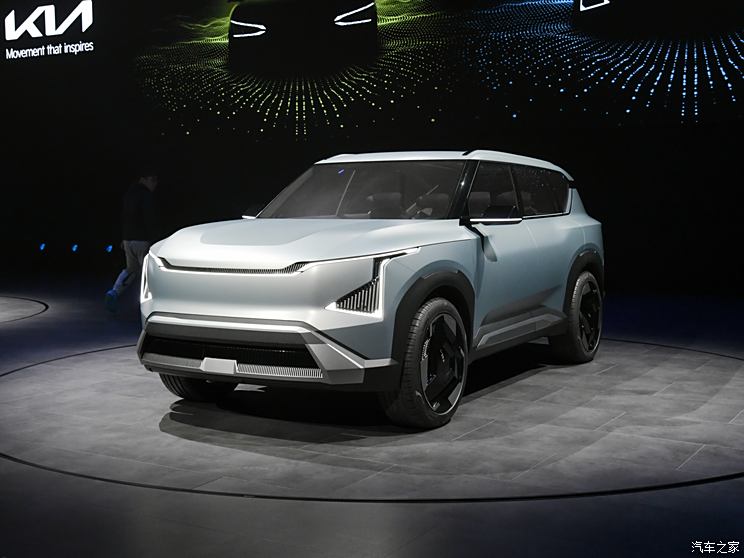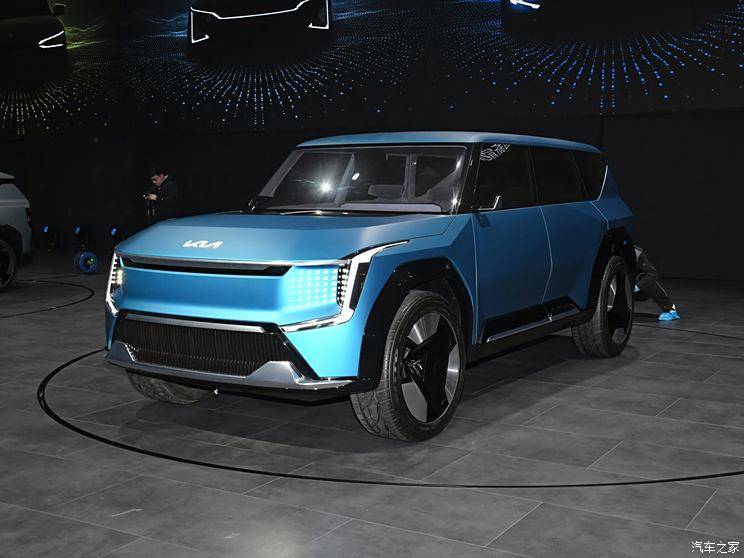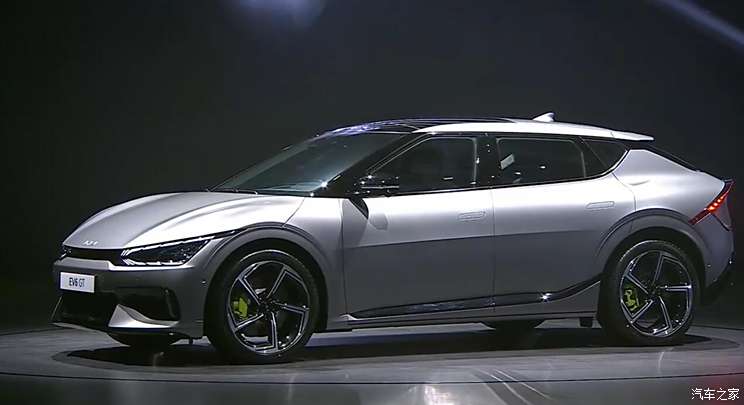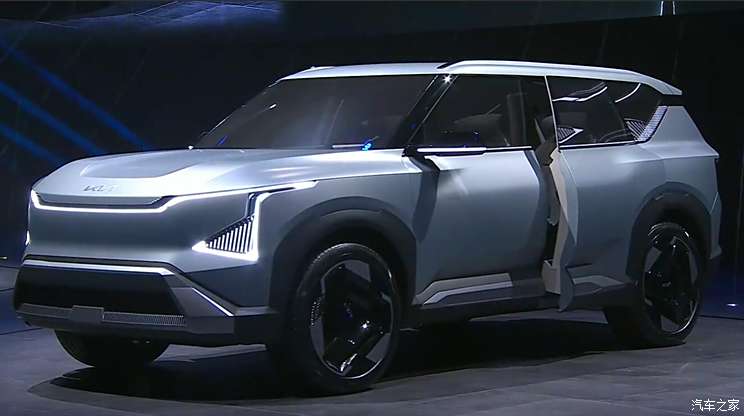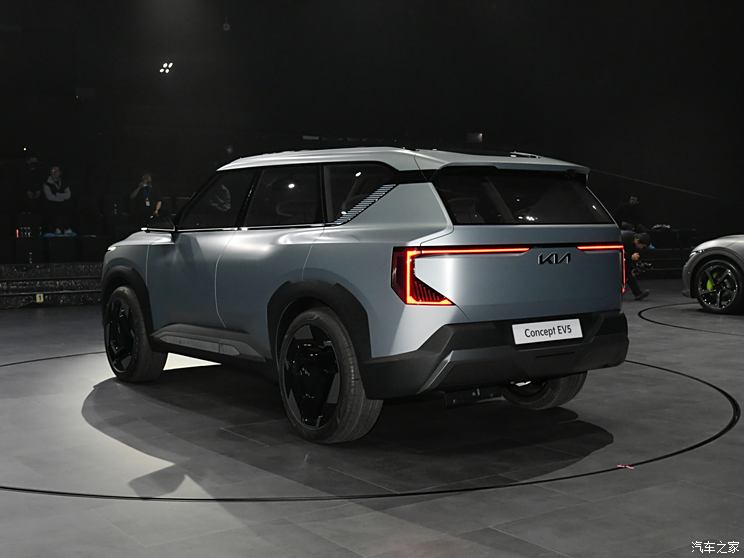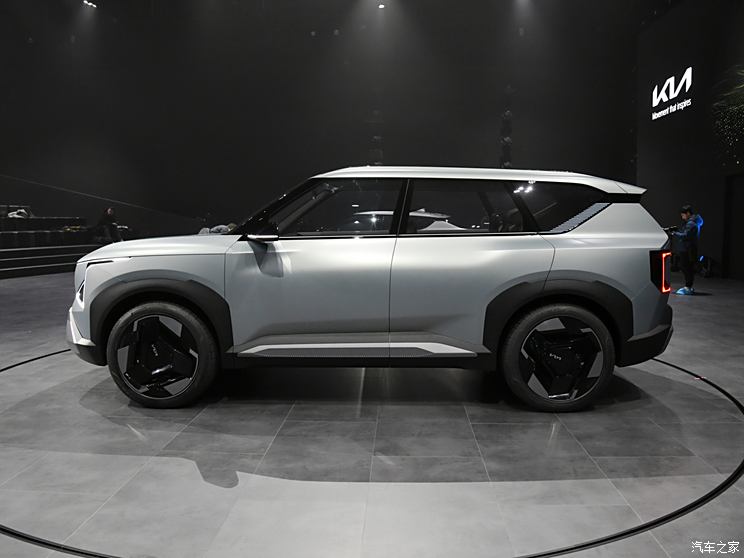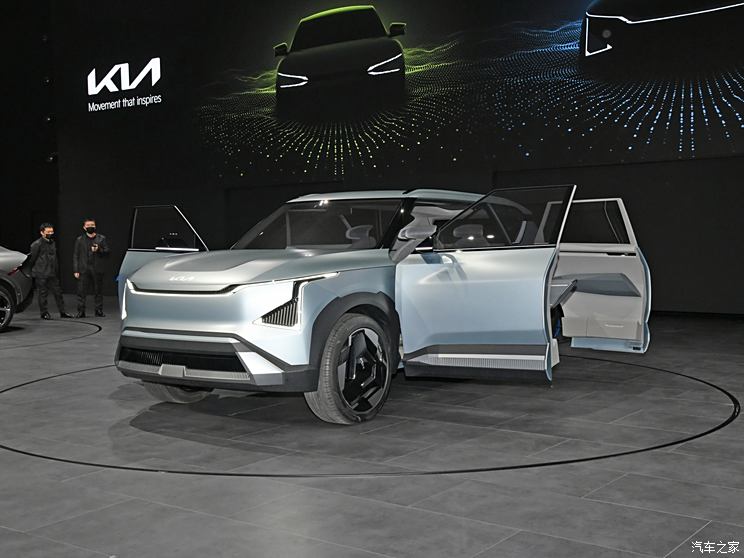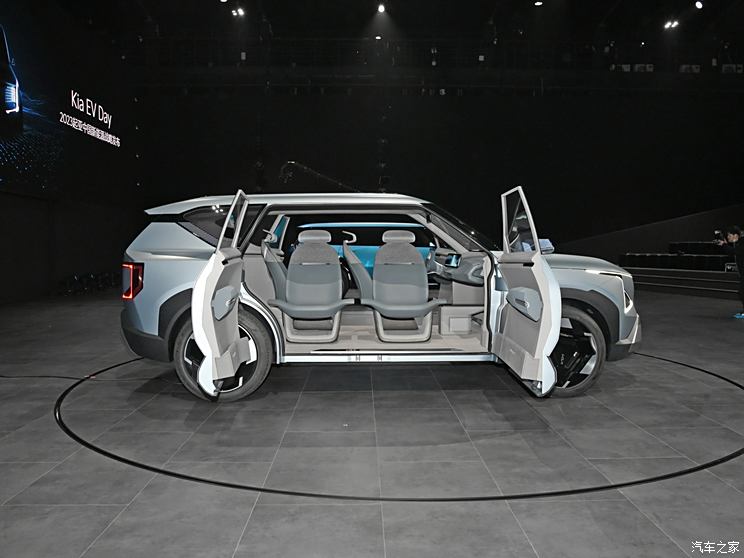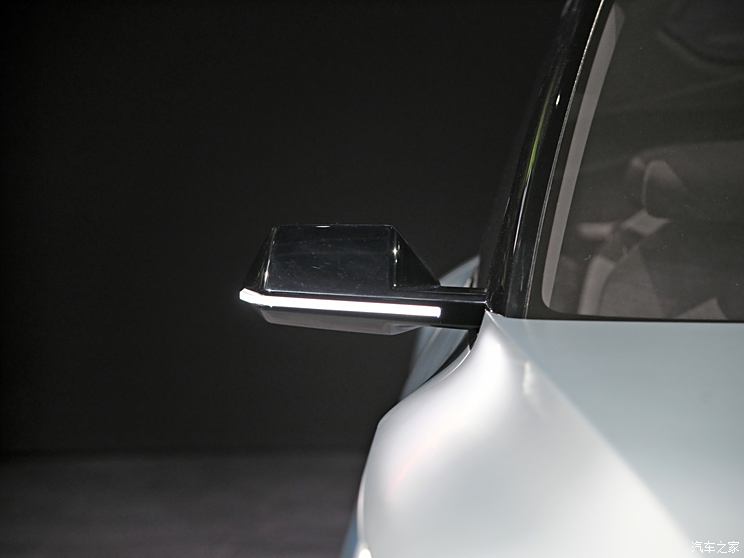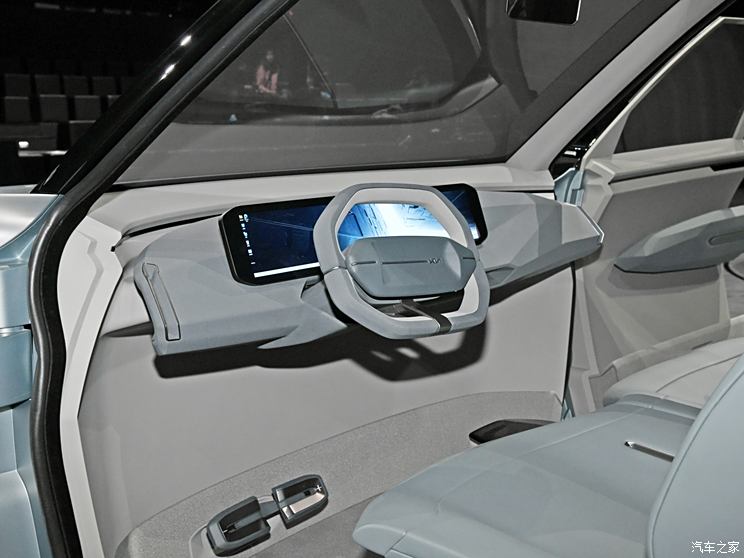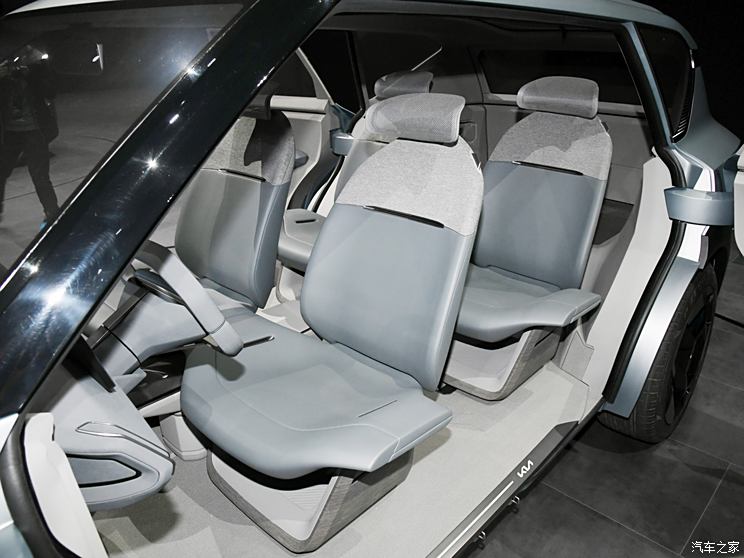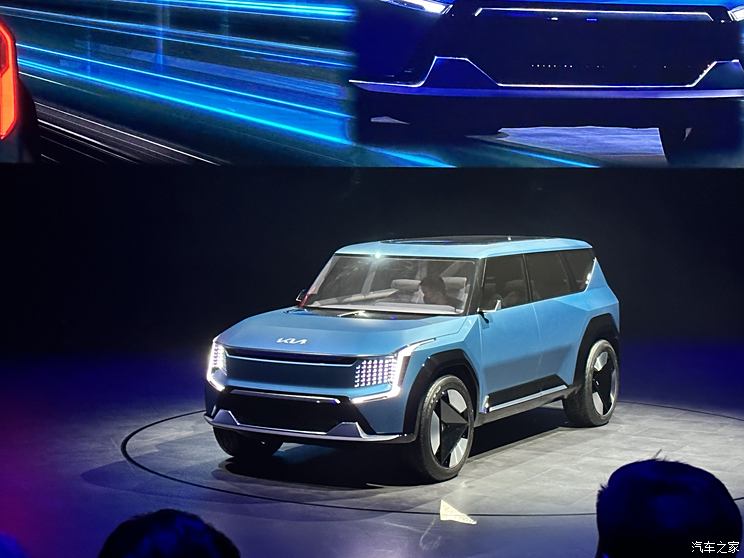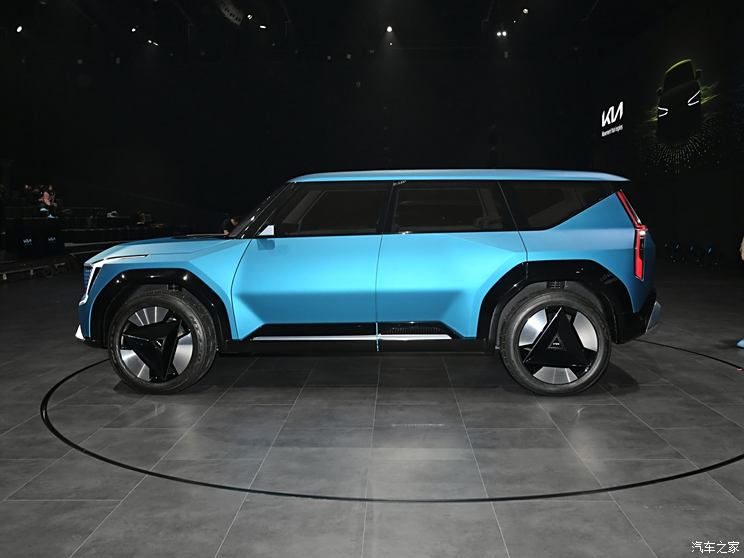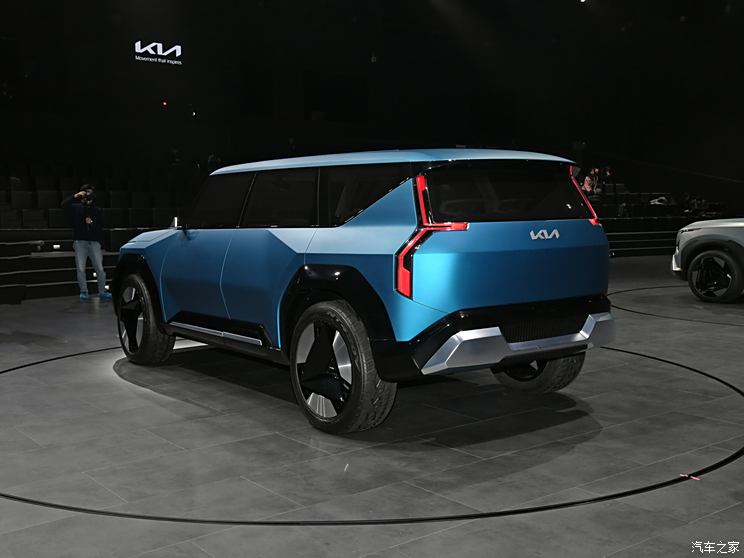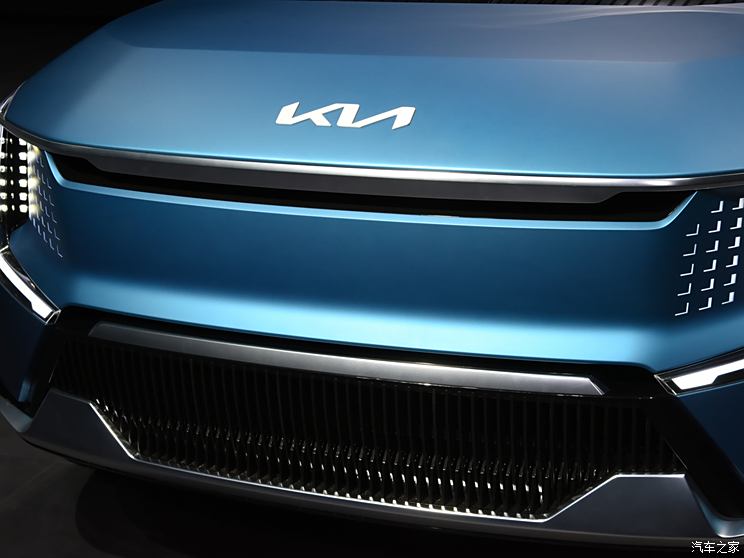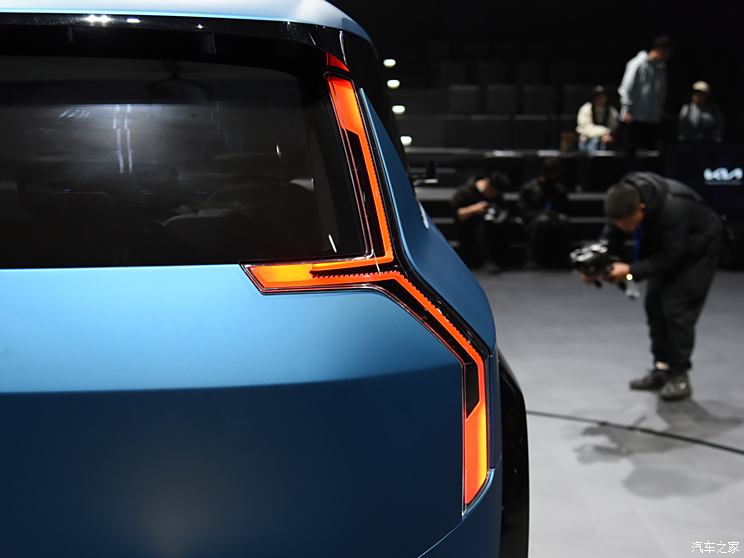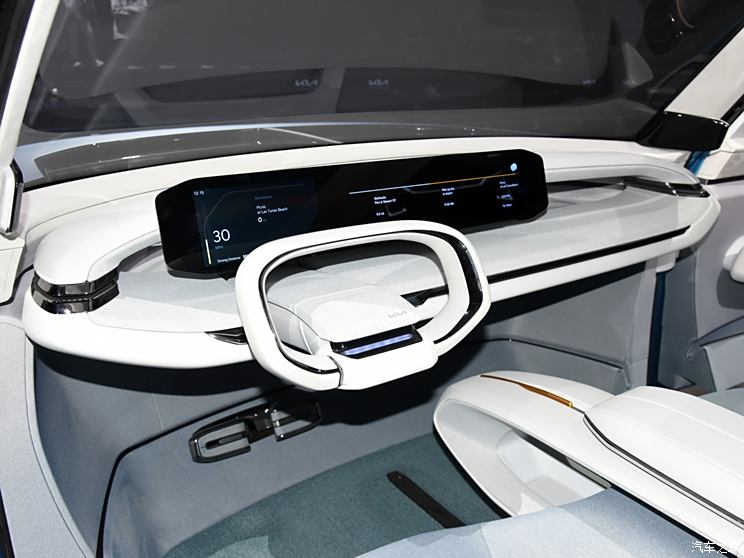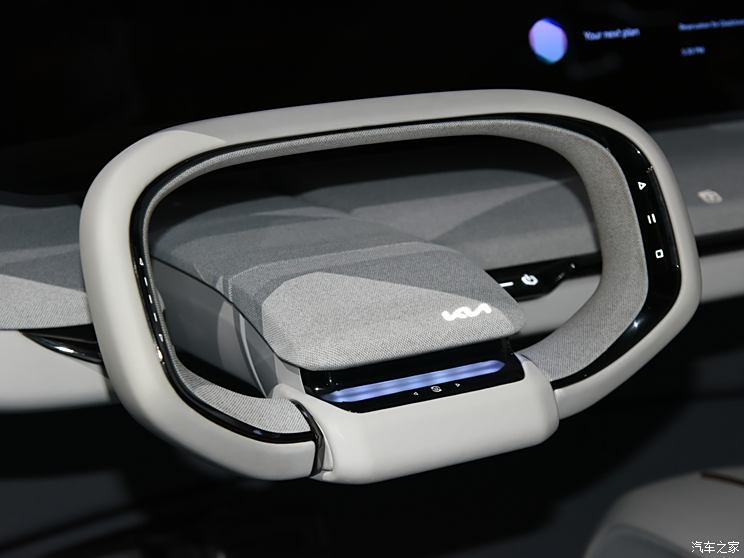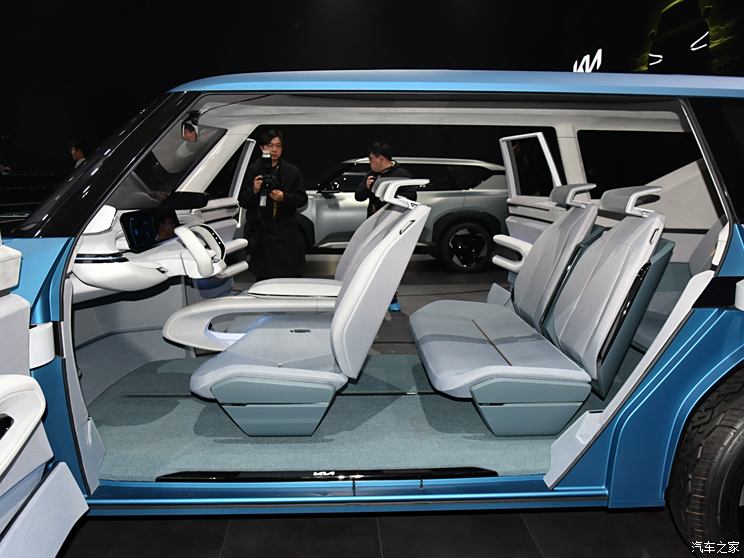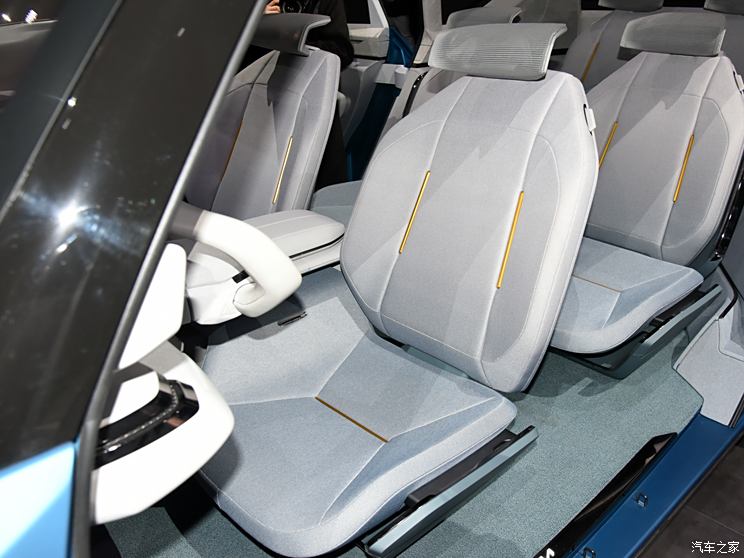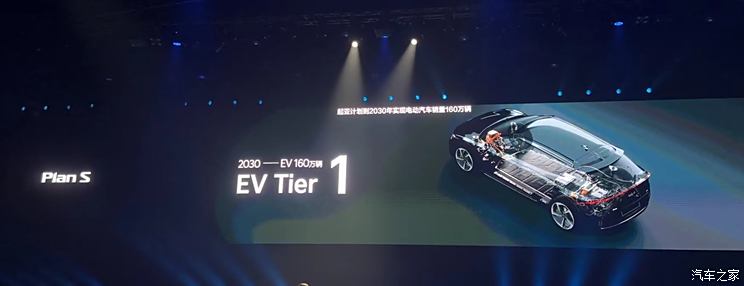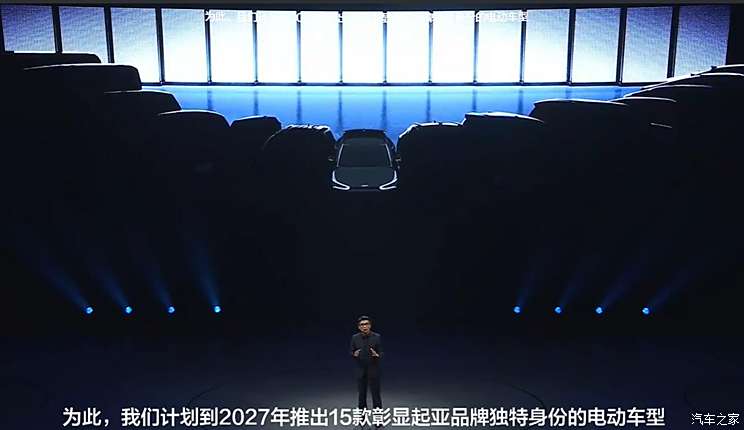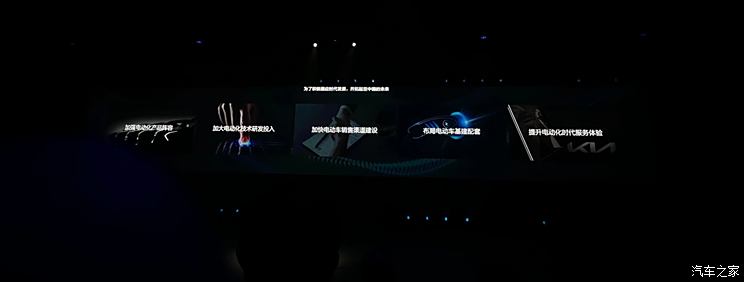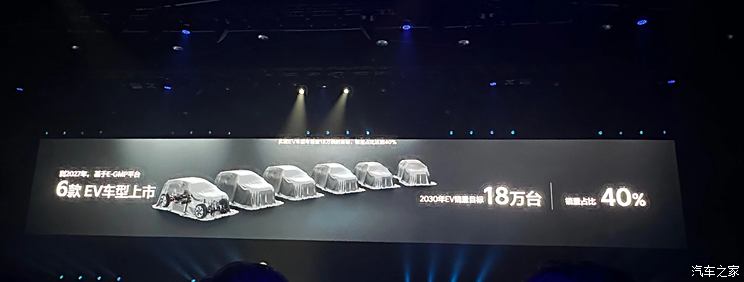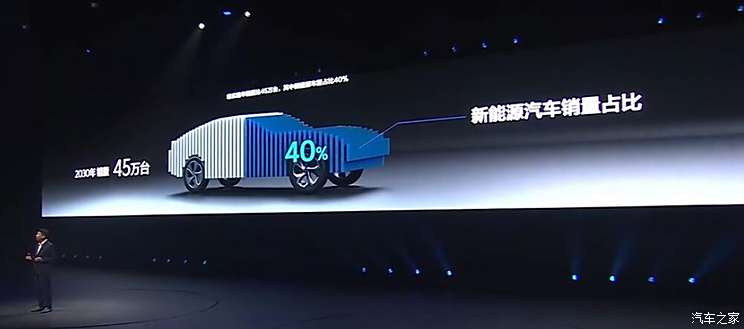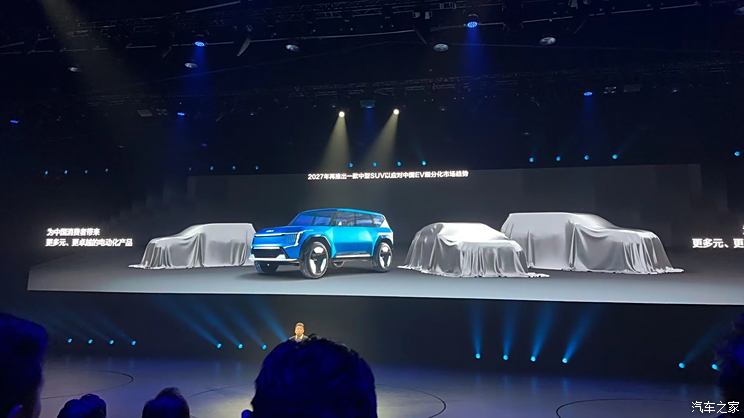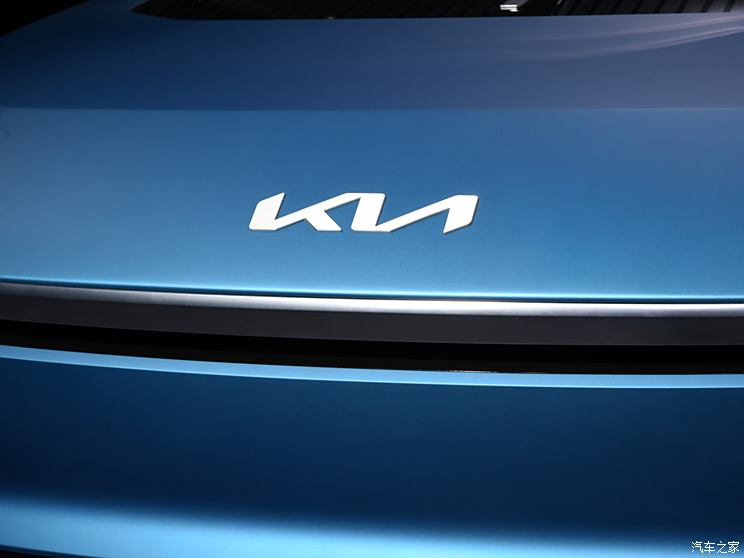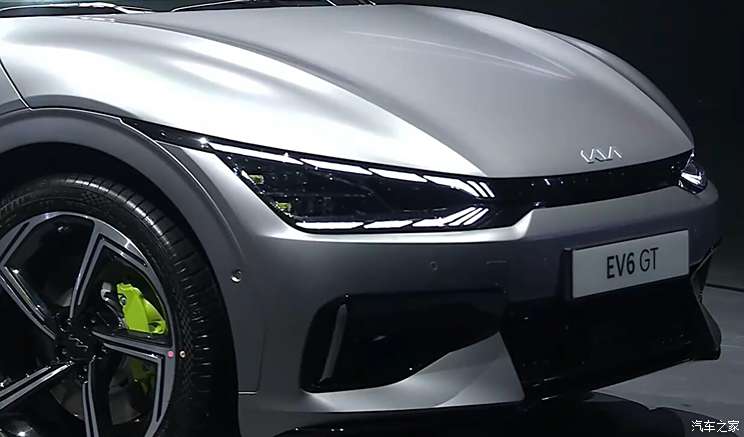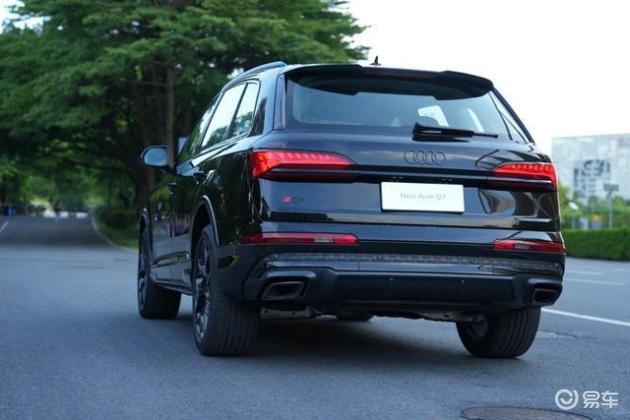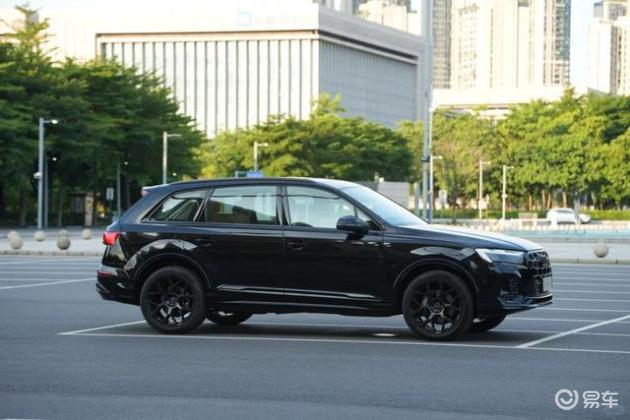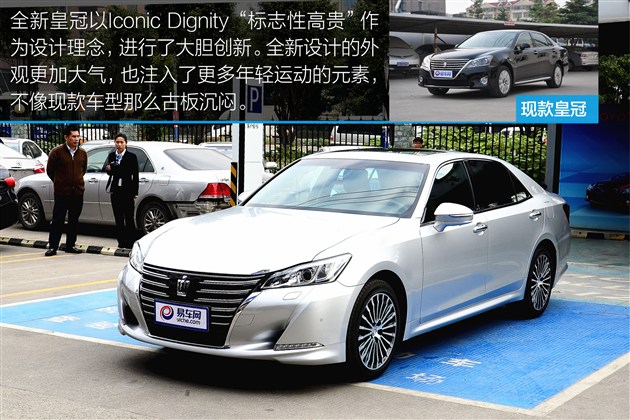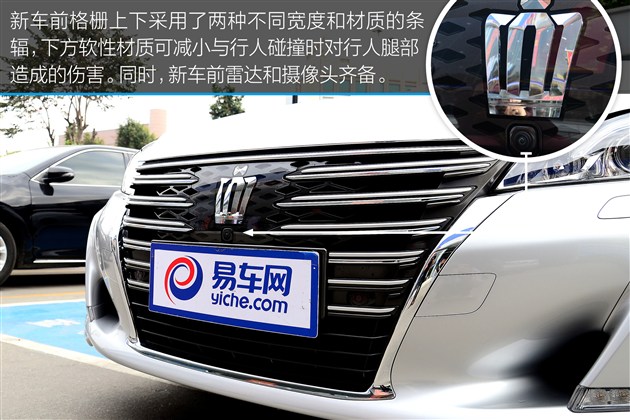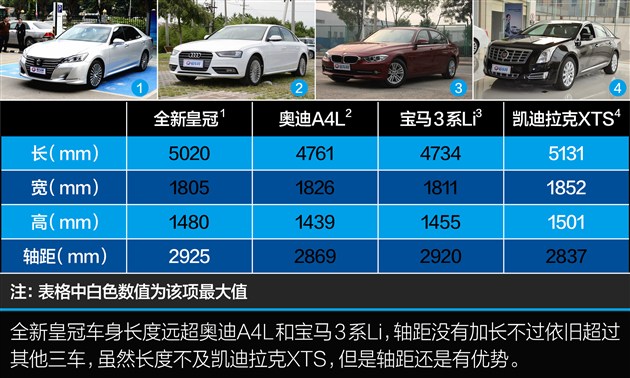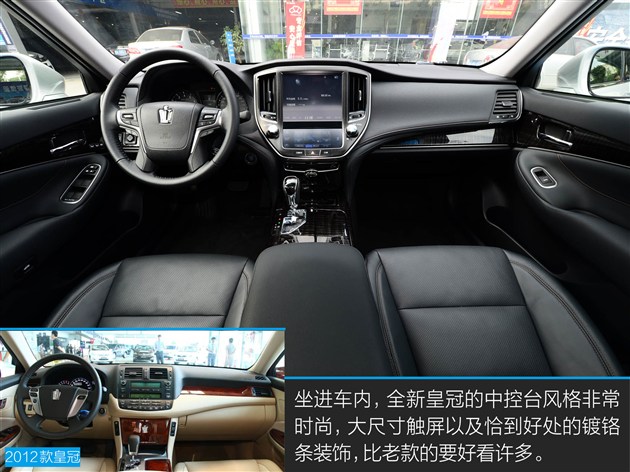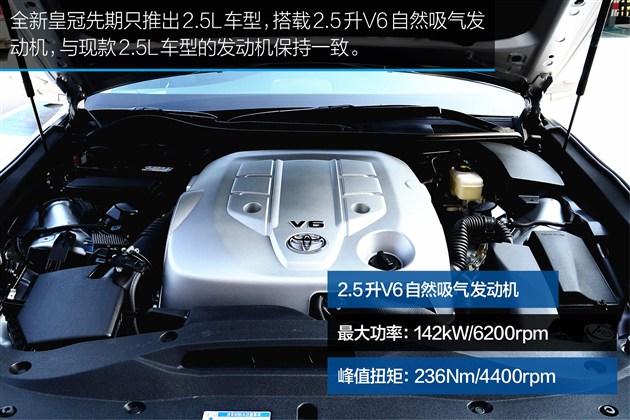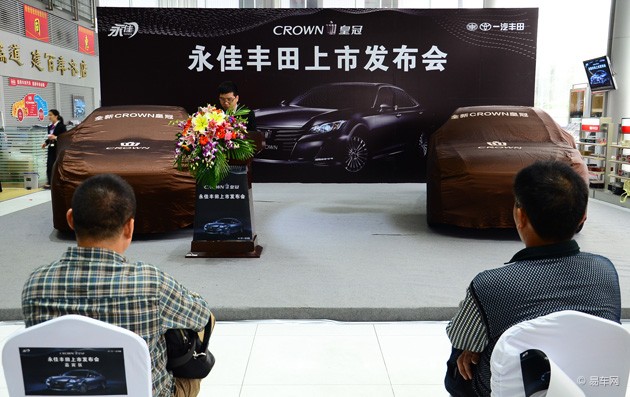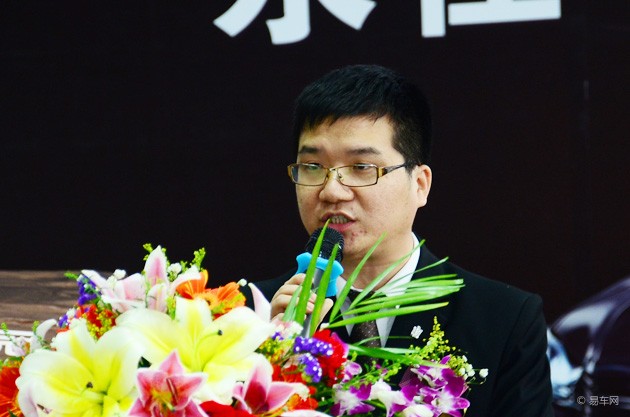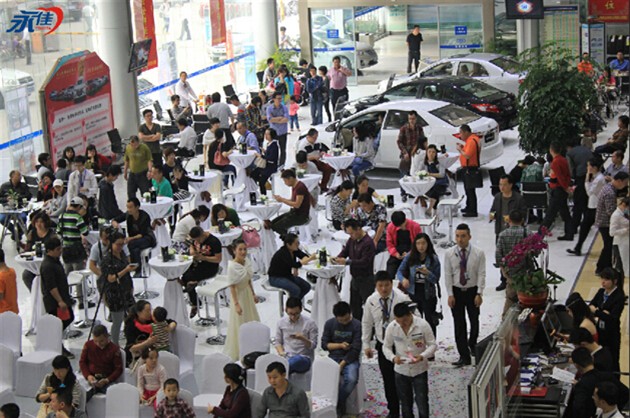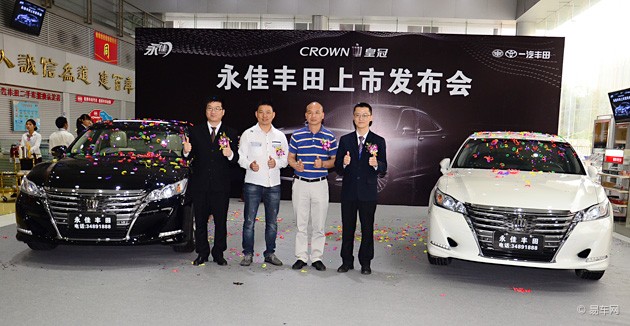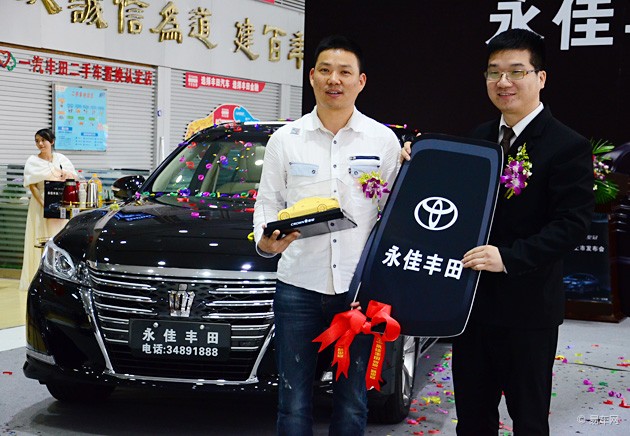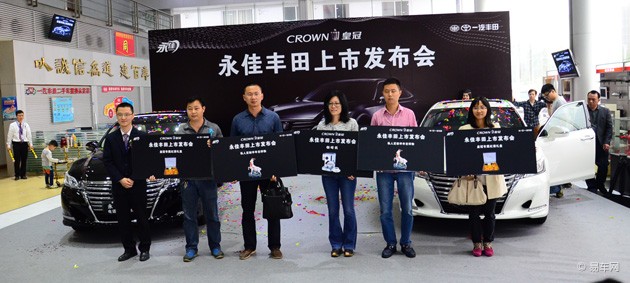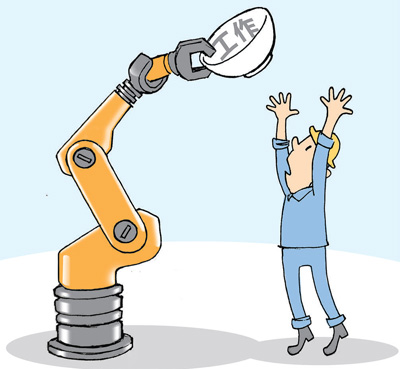
Will this happen? Cai Hua Wei hui
Not long ago, at the Weiqi Summit in Wuzhen, China, the artificial intelligence program "Alpha Dog" played against China Weiqi professional nine-stage player Ke Jie, ranking first in the world, with a total score of 3: 0. Prior to this, it had defeated Li Shishi, a Korean professional nine-stage chess player who was also the world champion of Weiqi, with a total score of 4∶1, and played fast chess against dozens of Weiqi masters from China, China and South Korea with the registered account of "Master" on the Korean chess website, without losing for 60 consecutive games. In the past two years, "Alpha Dog" has swept the chess world of China, Japan and Korea, and its performance is perfect every time.
All along, there has been a view that the development of artificial intelligence will threaten the survival of human beings, and the fact that "Alpha Dog" can repeatedly defeat human beings in a typical Weiqi game that reflects human wisdom has aggravated some people’s worries.
So, how big is the direct impact of artificial intelligence on people’s work and life? It has some human abilities, even better than human beings. Will it compete with human beings in the future and even pose a threat to us?
Have a must
Comparable advantage
In the future, artificial intelligence can make high-level predictions and decisions in financial investment, medical diagnosis, enterprise management and military command.
Will artificial intelligence replace human beings? It should be said that this kind of worry also has some truth.
In recent years, the development of artificial intelligence in all aspects is gradually improving, with more and more applications, and its performance has surpassed that of human beings in many aspects.
For example, in September 2015, Tencent Finance launched an automated news writing robot. It can automatically generate manuscripts in the first time according to the algorithm, output analysis and judgment instantly, and deliver important information and interpretation to users within one minute.
Also, Microsoft Xiao Bing, as a virtual companion robot, can simulate people’s tone and talk to people, making people feel that this is a living person rather than a machine when chatting.
In addition, according to foreign media reports, JPMorgan Chase has developed a financial contract analysis software, which takes only a few seconds to complete the work that lawyers and credit personnel need 360,000 hours a year, and the error rate is greatly reduced.
Liu Xiwei, deputy director of the Institute of Wisdom Education of Qingdao Intelligent Industry Research Institute, said: "In terms of problem solving, artificial intelligence programs have been able to know how to consider the problems they want to solve, that is, search the solution space and find better solutions. In terms of driverless driving, artificial intelligence has been able to achieve autonomous driving under long-distance complex road conditions. "
"In the future, at the cognitive level, artificial intelligence will have a broad application space. For example, artificial intelligence can make high-level predictions and decisions in financial investment, medical diagnosis, business management, and military command." Sun Zhenan, a researcher at the Institute of Automation, China Academy of Sciences, said.
The famous physicist Stephen Hawking believes that the impact of artificial intelligence on human society will be even greater. At the end of 2016, he published an article in the British "Guardian" predicting: "The automation of factories has caused many traditional manufacturing workers to lose their jobs. The rise of artificial intelligence is likely to spread the unemployment tide to the middle class, leaving only care, creation and supervision for human beings."
Such a judgment remains to be verified in the future, but compared with human wisdom, artificial intelligence does have incomparable advantages.
Liu Xiwei said: "Compared with the human brain, artificial intelligence algorithms should be more accurate, fast, stable and reliable in numerical and symbolic calculations. Especially for computing problems with definite rules, artificial intelligence can far exceed the computing speed of human brain, and it is easier to find the optimal solution. For example, in numerical calculation, recognition of graphics, voice, biological characteristics, behavior and posture, and even more complex predictive reasoning tasks, artificial intelligence has outstanding performance beyond the human brain. "
Will not replace
Even threaten mankind.
Artificial intelligence doesn’t have perceptual thinking and can’t cross into the field of consciousness.
So, will artificial intelligence really replace human beings and even pose a threat to us? Several experts interviewed by the reporter gave negative answers.
First of all, experts believe that the current computer architecture and programming mode are inherently inferior, which makes it impossible for artificial intelligence to realize natural interaction with human emotions, will, mentality, emotions and experience. In essence, artificial intelligence is only the concept of the material world category, and it can’t cross the field of consciousness.
Dr. Roger Sperry, who won the Nobel Prize in Physiology in 1981, once published the famous "theory of division of labor between left and right brain", arguing that the left hemisphere of the human brain has different division of labor: the left hemisphere is good at rational abstract thinking such as analysis, logic, deduction and reasoning; The right hemisphere is good at perceptual image thinking such as intuition, emotion, art and inspiration. So far, all the intelligent performances of artificial intelligence only imitate the rational thinking mode of human left hemisphere, but do not have the perceptual thinking of right hemisphere at all.
"That is to say, the current artificial intelligence technology is still difficult to deal with all kinds of problems in the social, cultural and conscious fields that have a significant impact on human subjective consciousness, while the human brain can easily cope with such problems through long-term learning and growth in a complex social environment." Liu Xiwei did not say.
He further cited, for example, that artificial intelligence has not yet created a truly human-oriented work. "Computer and human brain, after all, have the essential difference between mechanical and life spirit, so there is still an insurmountable gap between computer creation and human brain creation. Individualization is the life of human literary and artistic creation. There is no individuality in the existing computer creation system, but it is only the imitation, reproduction and reorganization of existing works of art. "
Then, with the continuous development and improvement of artificial intelligence, is it possible to realize this spontaneous emotional intelligence in the future?
"Emotional intelligence is divided into two levels, one is to let the machine have emotion, and the other is to let the machine understand people’s emotions. They are different," said Yi Jianqiang, a researcher at the Institute of Automation, China Academy of Sciences. "It is possible to let the machine understand people’s emotions. At present, some robot systems can partially understand the scene, environment and dialogue content, and make corresponding reactions or expressions according to the results. However, it is difficult or impossible to achieve a robot or artificial intelligence system that fully reaches the level of human beings and has spontaneous emotions and creativity. "
Wang Feiyue, vice chairman and secretary general of China Automation Association, agrees with this. "I personally think that it will not be realized in 100 years, and it may never be realized unless we redefine what is human emotion, understanding, reasoning and so on. The reason is very simple. People still don’t know the connotation, process and way of these emotions. "
Will become human
Accelerator of development
Artificial intelligence does have a certain impact on human employment, but human work will not disappear, but will be transformed into new forms.
Scientists also believe that artificial intelligence technology is just a new tool created by human wisdom, which helps mankind to make breakthroughs faster and improve our ability to deal with those global problems that need to be solved urgently.
"We need artificial intelligence as a powerful tool to help deal with complex problems, predict the unknown, and support us to achieve previously impossible goals." Wang Feiyue said.
Experts say that many epoch-making scientific and technological achievements will inevitably lead to changes in people’s lifestyles, which may be difficult to accept in the short term. However, if we look at the long river of history, we will find that all major scientific and technological revolutions will eventually become accelerators for human development without exception, and at the same time, they will also be the fundamental guarantee for improving the quality of human life.
"The same is true for the emergence of artificial intelligence technology, which will indeed have a certain impact on human employment. For example, artificial intelligence is more suitable for dealing with simple repetition, rule determination or finding effective rules through case study. It is more efficient and reliable to hand it over to artificial intelligence, such as security inspection, watching pathological sections and monitoring video audits, and these types of jobs are therefore more vulnerable to impact and substitution. " However, Yi Jianqiang said that there is no need to worry that it will completely replace human beings. "Take the first industrial revolution as an example. It not only replaced the existing jobs of human beings, but also created enough new employment opportunities. In most cases, work has not disappeared, but has changed into a new form. "
Yi Jianqiang said that the replacement of carriages by cars is a very typical example. At that time, when cars began to enter big cities and gradually spread, carriages that had been used as travel tools for hundreds of years faced the threat of being laid off. However, it turns out that the newly emerging automobile industry has thousands or even tens of thousands of times more output value and job opportunities than the traditional carriage industry.
"At this stage, in a working scene that truly realizes artificial intelligence, traditional workers have not been ‘ Laid off ’ , just changed the role. Humans still need to monitor the performance of artificial intelligence, collect and analyze information, conduct predictive experiments and evaluations, and guide process management and control. " Wang Feiyue said, "I believe that more than 90% of human work will be provided by artificial intelligence in the future, just as most of our work today is provided by computers and various other machines." (Reporter Wu Yuehui)




